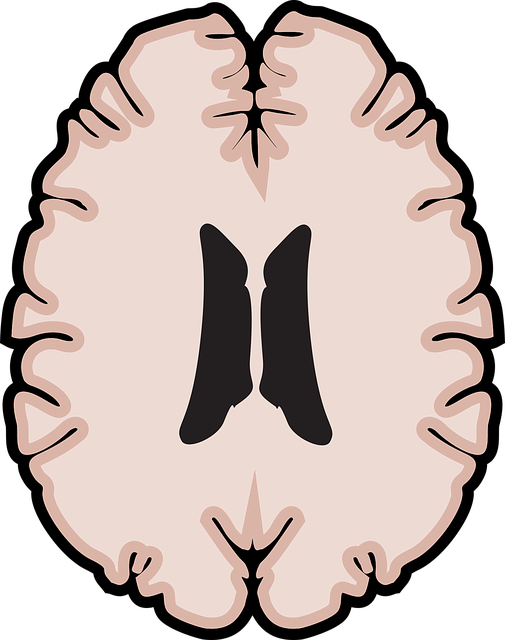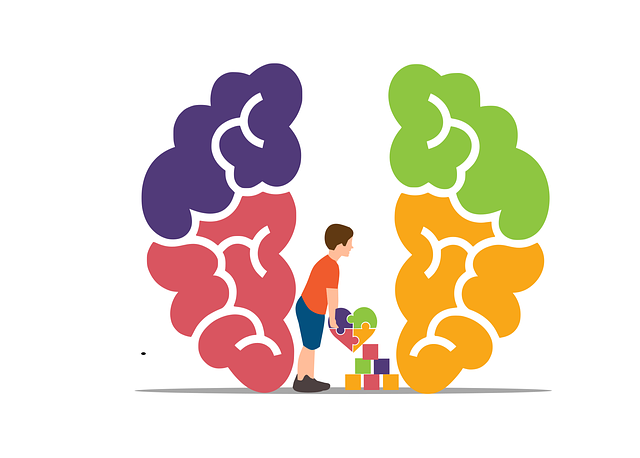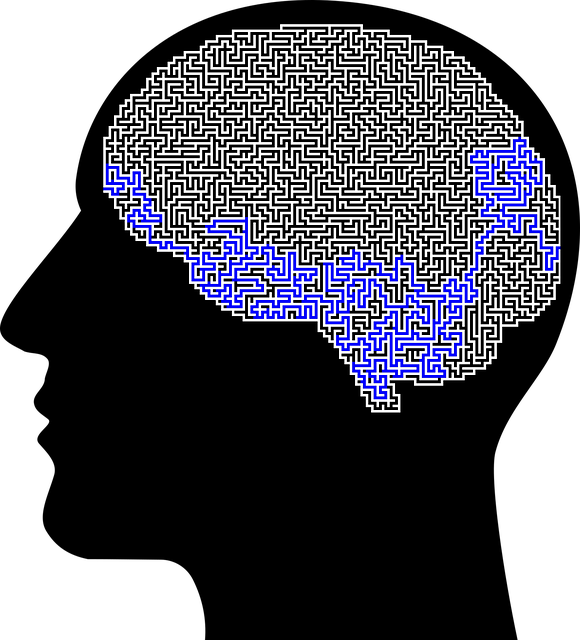Crisis Intervention Teams (CITs) are essential in supporting the mental health of young children from Mandarin-speaking backgrounds, addressing cultural barriers and access to therapy. These teams provide immediate crisis intervention, stabilising children and connecting them with appropriate care. Tailored training focuses on building resilience, cultural awareness, and adapted risk assessment for emotional distress presentations specific to these communities. Implemented in a Mandarin-speaking school district, CIT strategies empowered teachers to connect better with students, leading to improved behavior and academic performance, demonstrating the long-term positive outcomes of tailored therapy.
Crisis intervention team (CIT) training programs are a vital resource for addressing mental health crises, especially within Mandarin-speaking communities. This article explores the critical role of CITs in supporting young children and their families, focusing on the unique challenges faced by professionals in these communities. We delve into the need for specialized training tailored to cultural nuances and explore effective program components. Through real-life case studies, we demonstrate the profound impact of CIT training in facilitating therapy for young children from Mandarin Chinese-speaking backgrounds.
- Understanding Crisis Intervention Teams: A Vital Resource for Children's Mental Health
- The Need for Specialized Training: Preparing Professionals for Mandarin-Speaking Communities
- Components of Effective Programs: Strategies for Success in Young Children's Therapy
- Implementation and Impact: Stories of Change through Crisis Intervention Team Training
Understanding Crisis Intervention Teams: A Vital Resource for Children's Mental Health

Crisis Intervention Teams (CITs) are a vital resource for supporting young children’s mental health, especially those from Mandarin Chinese-speaking backgrounds who may face unique challenges navigating cultural barriers and accessing appropriate therapy. These teams provide an essential safety net during times of crisis, offering immediate intervention and short-term support to help children stabilize and connect with the right care.
CITs typically consist of multidisciplinary professionals, including mental health specialists, social workers, and community outreach workers who understand the nuances of cultural sensitivity. By incorporating positive thinking and fostering strong community ties through programs like Community Outreach, these teams can effectively bridge gaps in mental health services. Enhancing Mental Health Awareness within Chinese-speaking communities enables early identification of issues, ensuring that young individuals receive the therapy they need for a healthier future.
The Need for Specialized Training: Preparing Professionals for Mandarin-Speaking Communities

In today’s diverse and interconnected world, it is crucial for crisis intervention teams to be equipped with specialized training tailored to serve Mandarin-speaking communities effectively. While traditional crisis intervention programs provide a solid foundation, the unique cultural and linguistic nuances of Mandarin-speaking individuals demand specific attention. Many young children from these communities face challenges related to acculturation, language barriers, and potential trauma, requiring therapists with specialized skills.
Specialized training for mental health professionals should encompass resilience building exercises that cater to the specific needs of Mandarin-speaking families. This includes enhancing self-awareness exercises to bridge cultural gaps and fostering effective communication strategies. Moreover, risk assessment techniques must be adapted to consider the unique presentations of emotional distress within these communities. By integrating such tailored training, crisis intervention teams can improve their cultural sensitivity and better support young children and their families in therapy for Mandarin Chinese speaking communities.
Components of Effective Programs: Strategies for Success in Young Children's Therapy

有效儿童危机干预团队培训计划应包含多方面策略,以支持和改善年轻儿童的心理健康。首先,情绪管理技术是关键成分。通过教授儿童识别和表达情绪的方法,以及应对压力和焦虑的健康机制,我们能够增强他们的内在力量并提升整体情感福祉。这些技巧可以包括深呼吸练习、正念冥想或创意表达活动等。
此外,培训应强调文化敏感性,特别是针对讲普通话的儿童。适应他们独特的语言需求和文化背景,确保治疗方法可被理解和接受,是取得成功的关键。通过融合传统疗法与现代技术,结合故事讲述、游戏和艺术等多感官方法,我们可以创造一个安全的环境,鼓励孩子们探索他们的情感并发展坚韧的心理状态。
Implementation and Impact: Stories of Change through Crisis Intervention Team Training

The implementation of Crisis Intervention Team (CIT) training programs has profoundly impacted various communities, especially in serving the emotional well-being needs of young children speaking Mandarin Chinese. These programs provide essential tools and guidance for first responders, teachers, and caregivers to effectively navigate and de-escalate crises. Through CIT training, participants learn evidence-based Emotional Well-being Promotion Techniques tailored to address the unique cultural and linguistic contexts of these communities.
One compelling story of change involves a Mandarin-speaking school district where CIT training was introduced. Prior to the program, school staff often struggled to support students experiencing emotional distress, leading to increased behavioral issues and academic challenges. However, after implementing CIT strategies, teachers reported improved ability to connect with students from diverse backgrounds, fostering an environment that promotes resilience building. This shift not only enhanced the immediate crisis response but also contributed to long-term positive outcomes for these young learners.
Crisis intervention team (CIT) training programs play a pivotal role in enhancing mental health support for young children, especially within Mandarin-speaking communities. By equipping professionals with specialized skills, these programs ensure that children receive culturally sensitive and effective therapy. The success of CIT initiatives is evident through real-life narratives shared in the article, highlighting their profound impact on vulnerable youth. Investing in comprehensive CIT training is a step towards fostering healthier, more resilient communities, addressing the unique needs of Mandarin-speaking families and promoting mental wellness for all children.









